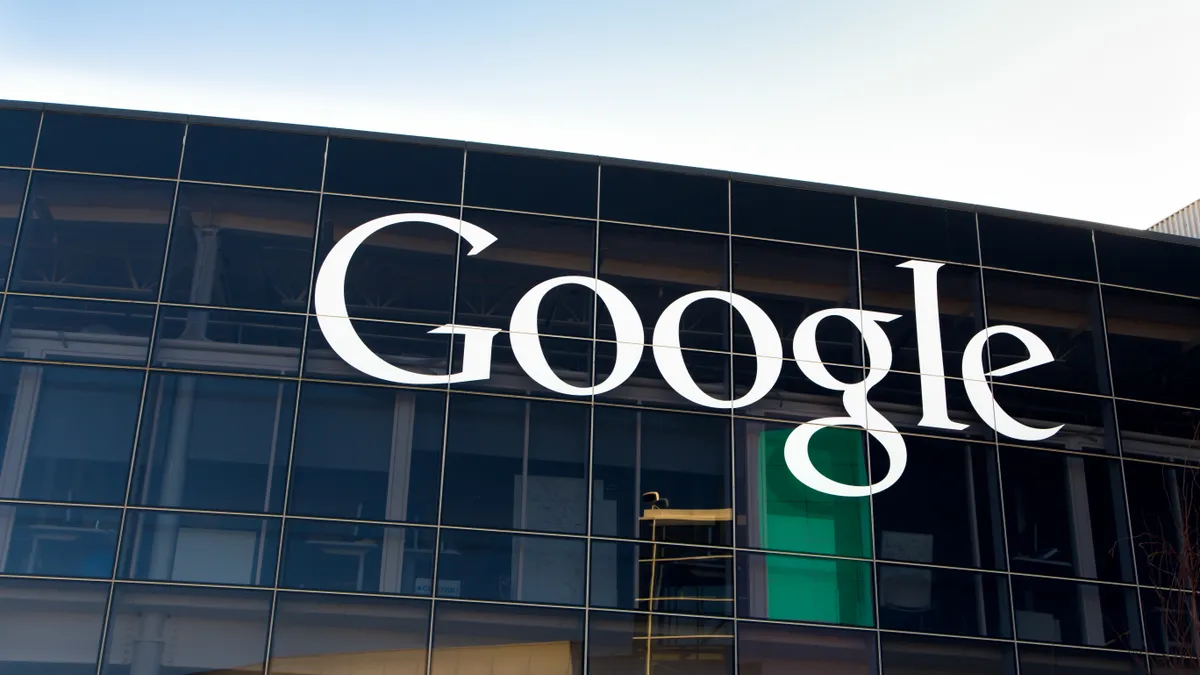Dive Brief:
- Google is expected to roll out an ad blocking feature in the mobile and desktop versions of its popular Chrome browser, according to unnamed sources speaking to The Wall Street Journal.
- The feature would block ads deemed to provide bad user experiences as defined by a list released by the Coalition for Better Ads in March. Google is a member of the Coalition for Better Ads, which was founded last year. One option Google is reportedly considering is blocking all ads on websites that include unacceptable ad formats rather than simply blocking individual offending ads.
- Some publishers are worried that the change shifts even more power into the hands of a company that already owns a considerable share of the entire digital advertising business and that their sites might be targeted for being noncompliant with ad quality criteria, according to an article in Digiday.
Dive Insight:
Google's move to introduce a proprietary ad blocking technology is just the latest signal that major players in the digital advertising industry are moving to clean up the space and take the user experience and quality of ads more seriously. When the Coalition for Better Ads' list of ad types to cut out from the marketing mix was released last month, it was met with some criticism, namely because most marketers and publishers have long known that the named formats are intrusive and undesirable.
Google actively policing and blocking these formats, if not the publishers hosting them, is a far more dramatic step. The Journal reported that Google could still decide to not move ahead with the plan. Digiday noted that Google's introduction of an ad blocking technology could raise antitrust concerns.
If Google does implement a native ad block feature in Chrome, it will be watched by European Commissioner for Competition Margrethe Vestager for potential anti-competitive behavior by stifling competition with third-party ad blockers, as reported by Recode. Google has run into trouble with regulators in Europe in the past for alleged anticompetitive behavior.
Chrome users have always been able to download third-party extensions for the browser in order to block ads, but it was seen as unlikely that Google would include the feature natively in its browser since advertising drives the majority of the company's revenue. It earned more than $50 billion in advertising revenue last year.
The offending formats according to the Coalition for Better Ads include pop-ups, auto-playing video ads with sound and "prestitial" ads with countdown timers. The full list includes six desktop and 12 mobile ad formats deemed to fall beneath the threshold of acceptable experiences.










